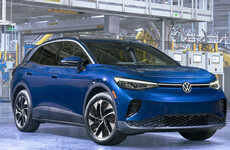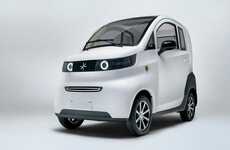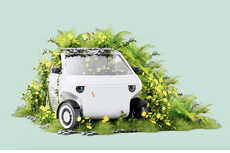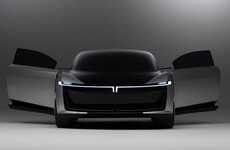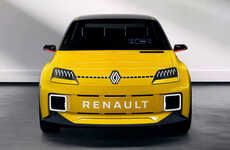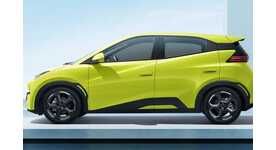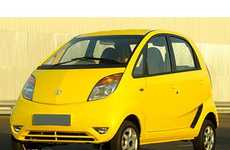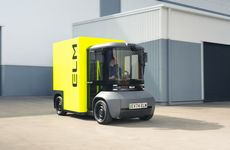
Justin Good — April 25, 2007 — Autos
References: businessweek & treehugger
Let the price wars for sub-compact cars begin! Car companies seem to be racing to build really cheap cars. Renault-Nissan announced at a plant-opening on April 4th that it was planning on building a car for under $3000, which is 40 percent less than the least expensive sub-compact car available today. In addition to that announcement, Tata Motors, an Indian carmaker, claims that they plan to launch a $2500 car next year.
Implications - Consumers are definitely not complaining about the rise of cheaper cars. People who were not able to afford a car in the past, may have a chance now. Roland Berger Strategy Consultants have stated that by 2012 "the market for vehicles priced under $10,000 is likely to reach 18 million cars."
Implications - Consumers are definitely not complaining about the rise of cheaper cars. People who were not able to afford a car in the past, may have a chance now. Roland Berger Strategy Consultants have stated that by 2012 "the market for vehicles priced under $10,000 is likely to reach 18 million cars."
Trend Themes
1. Race for Cheap Cars - Car companies are competing to build incredibly cheap cars, with vehicles being developed for under $3000 and even $2500.
2. Affordable Vehicle Market - There is a growing market for vehicles priced under $10,000, with the number expected to reach 18 million by 2012.
3. Global Access to Personal Cars - Affordable cars can help democratize the automobile industry and provide increased access to personal transportation around the world.
Industry Implications
1. Automotive Industry - Car manufacturers have the opportunity to tap into a new market of consumers who previously were not able to afford a vehicle.
2. Emerging Markets - Emerging markets could especially benefit from the development of affordable cars, allowing more people to have access to personal transportation.
3. Transportation Services - As more people have access to affordable personal cars, there could be a shift away from traditional transportation services such as mass transit or ride-sharing companies.
3.6
Score
Popularity
Activity
Freshness



